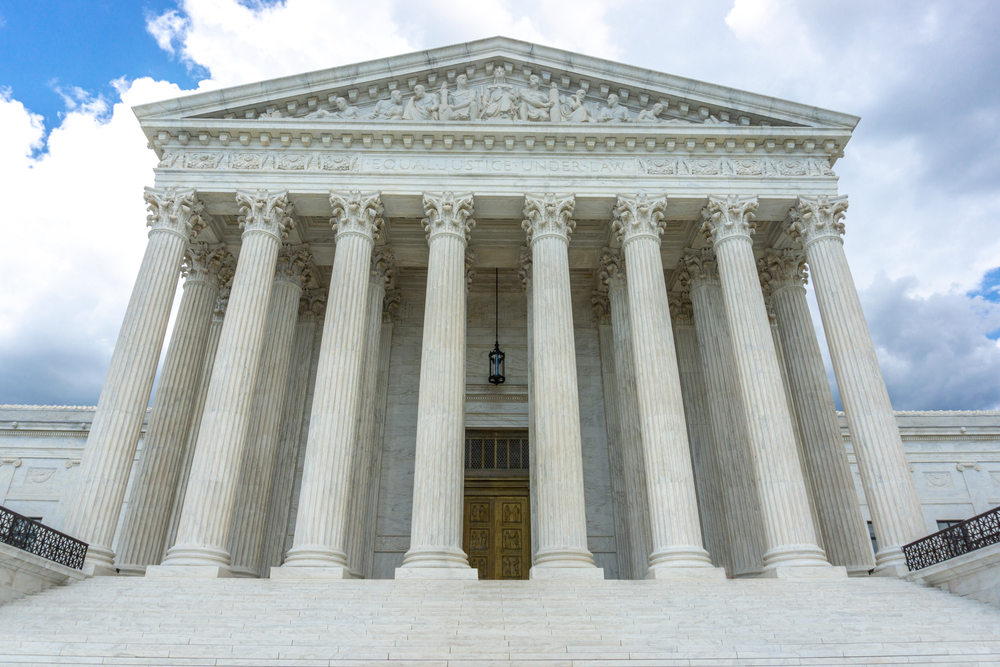The STRONGER Patents Act: What It Means for Patent Owners and How Tucker Law Can Help
If you're a patent owner, you may have heard about the recently passed STRONGER Patents Act and are wondering how it will affect your rights. The Act, which was signed into law in the past month, aims to improve and strengthen the patent system in the United States. One key provision of the Act is the expansion of patent eligible subject matter to include new technologies such as artificial intelligence and blockchain. This change could make it easier for innovators in these fields to obtain patents for their inventions. The Act also includes provisions to address issues such as post-grant review proceedings and damages calculations. These changes could potentially make it easier for patent owners to enforce their rights and recover damages for infringement. If you're a patent owner and are concerned about how the STRONGER Patents Act may impact your rights, it's important to seek the advice of an experienced patent attorney. At Tucker Law, we have a team led by Registered Patent Attorney Matthew Tucker who can help you navigate the complex world of patent law. Contact a patent attorney with Tucker Law today to schedule a consultation and learn more about how Tucker Law can assist you with your case.






